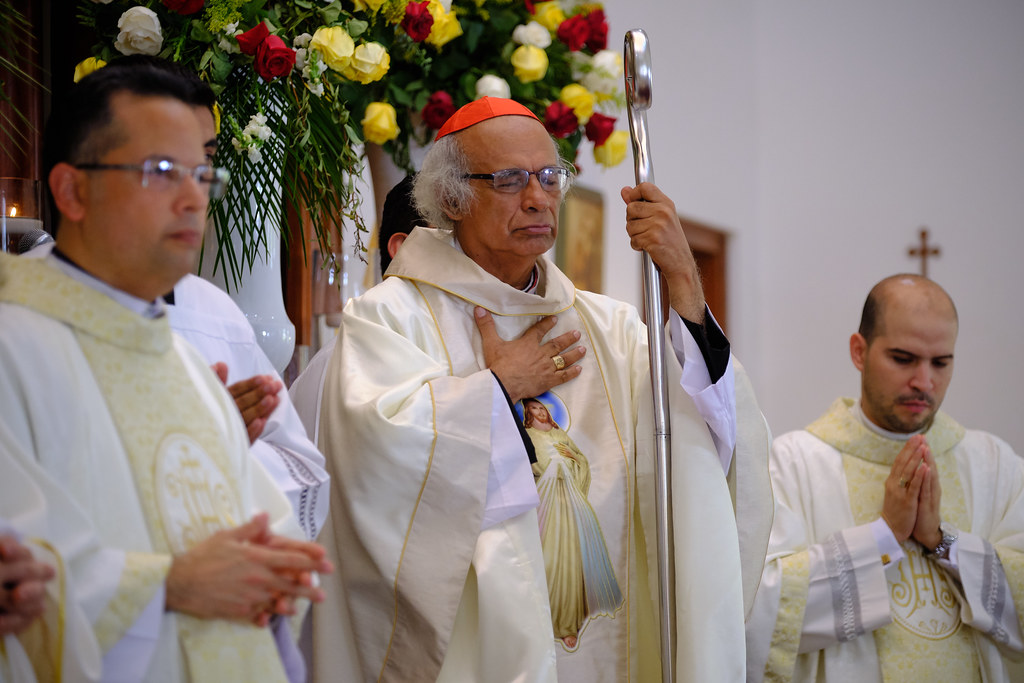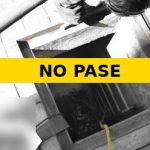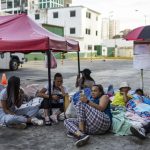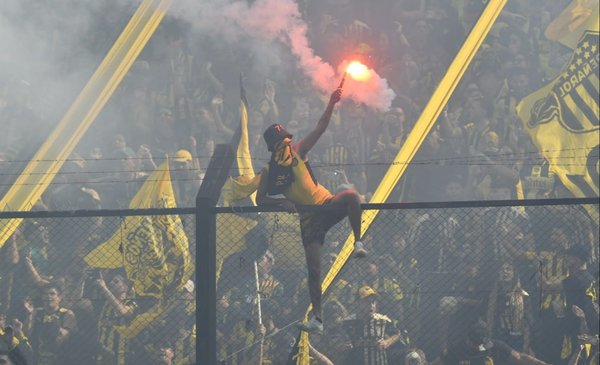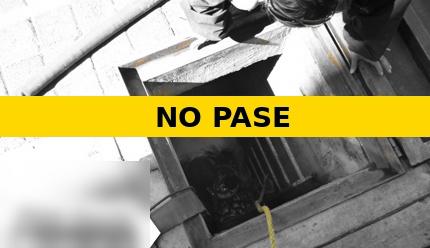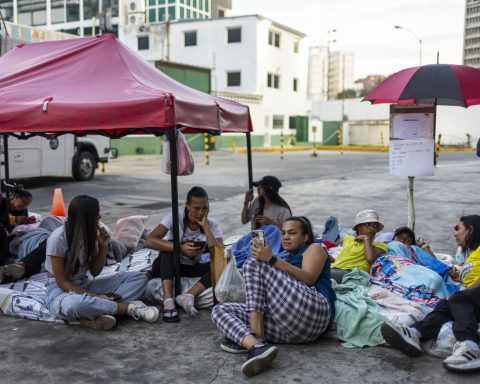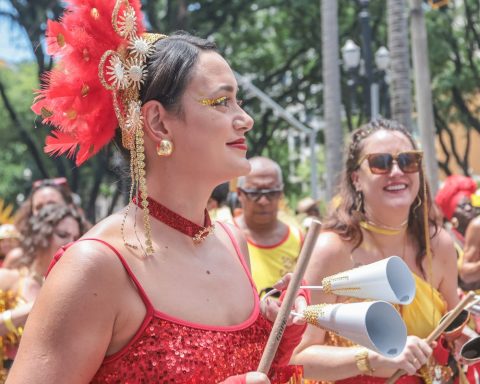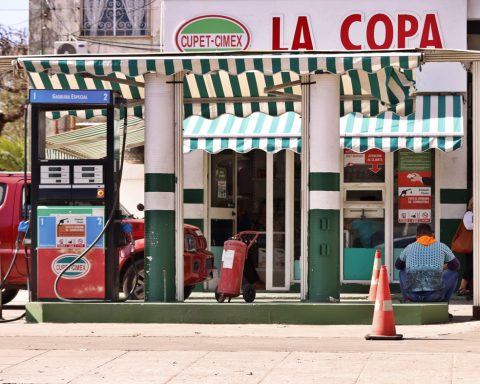The siege, control and religious persecution in Nicaragua is still a problem for Catholics -for many a serious problem-, since they violate the fundamental rights of the person. Others may interpret it as a challenge due to the seriousness of the repression or because of the interest that the presidential couple has in leading the public practices of popular religiosity, manifested in the Catholic tradition, and distancing the faithful from the leadership that can be exercised by bishops, priests or even Pope Francis himself.
The presidential couple is very afraid of popular demonstrations, whether these are socially demanding or political in opposition, or simple processions of piety, in which the Christian people manifest their faith; because the regime interprets that behind these expressions in the street there is a whole set of “anti-Sandinista” expressions.
Related news: Calidh: “Persecution of the Catholic Church could be configured as a crime against humanity”
This fear is what has led the Ortega Murillo couple to ban processions and control all religious manifestations, such as homilies and even the prayers of the faithful in the Catholic community that may have a sign of opposition or criticism of the dictatorship.
Furthermore, I am convinced that the vice president is seeking to lead the public manifestations of religion herself and become a kind of “popess” in the style of the Anglican religion in the English tradition. Or, create a church national with their own authorities, that converge with the political power of the country, a style typical of the patriarchs of the Eastern Orthodox Churches, where each religious leader manifests himself in “communion” with the regimes in power that the country is going through. Or start a church patriotic in the style of communist China, distant and separated from Rome. The objective is to free themselves from the leadership exercised by the Pope as pastor of the universal Church, thus distancing themselves from the long and experienced diplomacy of the Holy See.
The Catholic community should not be frightened, nor be afraid of this proposal implemented by the regime from a worldview closer to an esoteric vision of religion, than to an approach to modern, rational thought that, in my view, should govern the destinies of the people, without leaving aside the worldviews of indigenous cultures and their values. Certainly it is necessary to know and reflect widely on the intentions of this proposal, to manipulate the religious conscience of Nicaraguans and their practices of popular Catholicism, typical of a religious syncretism.
It is necessary to know these guidelines, and thus program a pastoral proposal appropriate to the situation that Catholics are experiencing. We are not facing anything new. The Mexican church went through situations similar to ours; Until today it continues under a set of rules that govern religious manifestations in society. There are no processions in Mexico. But Mexico has not lost its Catholic identity. Priests and nuns cannot go out in the street with the habit cut, but rather their faith has been strengthened by the practice communicated in the temples. Until a few years ago foreign missionaries could not enter the country with that identity; Hundreds of Spanish priests evangelized in that country under a false identity.
I do not like to quote, because of its fundamentalist flavor, the biblical text to which so many priests and pastoral agents turn: “The powers of hell will not be able to against her.” But I am convinced that this situation that we Nicaraguans are going through will strengthen the Catholic faith; Above all, it will help us to create new pastoral orientations that liberate those old traditions, which are nothing more than manifestations of faith in certain cultural moments through which evangelization in Nicaragua has passed; that they are no longer valid for the youth, that they are the future of the people and of the Church.
Cultural expressions from a historical moment in the past, religious traditions can become folkloric manifestations, more suitable for the animation of cultural tourism, than to proclaim the faith of a sincere Christianity. Freeing ourselves from those traditions can help us live a faith closer to the gospel of Jesus.
You don’t have to be afraid, you have to be brave and be determined to face the current moments looking for new opportunities. Faith is strengthened by overcoming conflicts. We find this in the history of salvation, which the Bible transmits to us both in the Old Testament and in the New. In each writing we find a new reflection, which the author does to adequately respond to the new problems that the believing community is going through. Each book revealed offers us one more step in the faith of the people and to make God’s loving plan shine.
Catholic priest.
Source link
